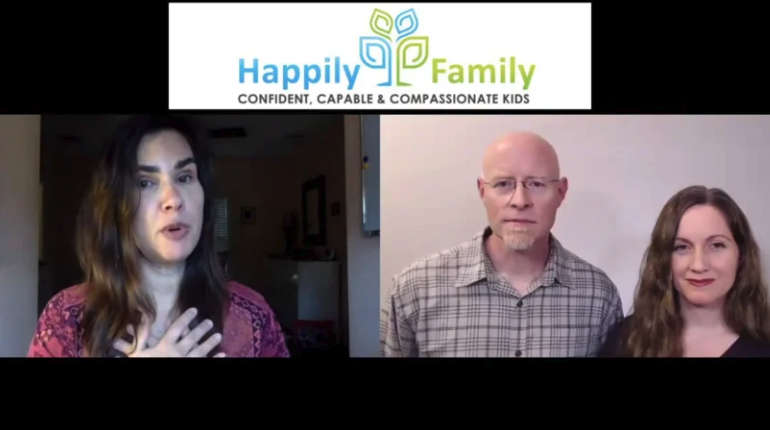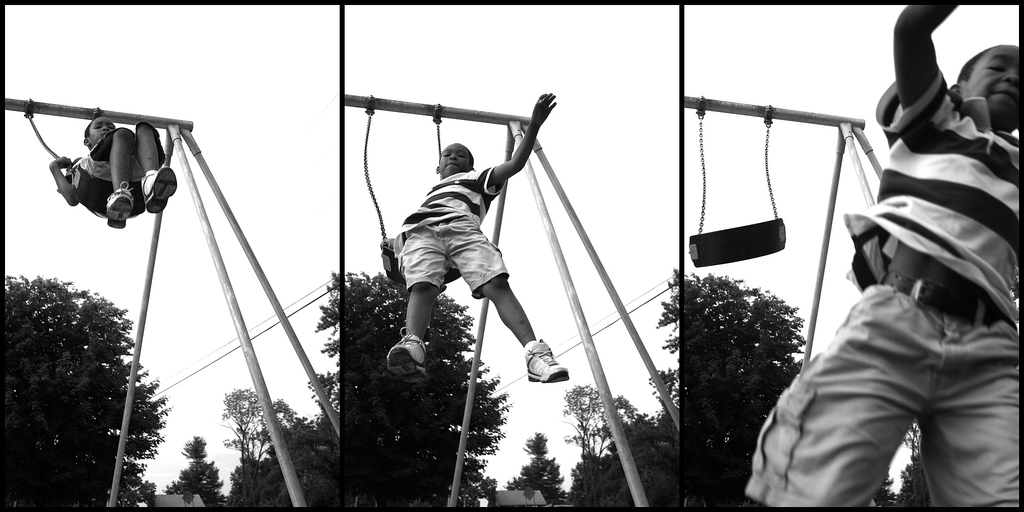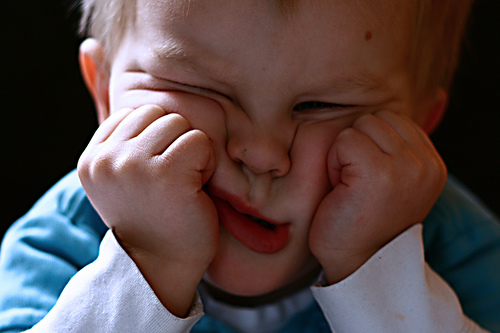Does your child ever judge herself harshly?
Maybe you’ve seen your child make a mistake–like forget her homework, break something accidentally, or oversleep–and then you could tell she was mentally beating herself up for it.
Maybe she even said, “I’m so stupid. I’m lazy. I’ll never get it right.”
It’s hard to hear, isn’t it? You want her to have more compassion for herself.
You might even try to convince her that, “You’re not lazy, you just overslept.” or “Just because you forgot your homework doesn’t mean that you are stupid.”
But it feels like your words don’t have an impact. And you’re left wondering what to do…
How do we teach kids self-compassion? What does the research say?
We talked to Dr. Kristin Neff, pioneer in the field of self-compassion research and Associate Professor at the University of Texas at Austin.
We asked Kristin, “How do we teach kids self-compassion?”
And she said something that we weren’t expecting…
She said, “That’s missing the point.”
Whoa!
Kristin told us that if we try to teach kids self-compassion it feels like just another thing for them to do.
In order for kids to be self-compassionate, we actually have to have compassion with ourselves, we have to model it.
Kristin told us:
- Why compassion feels good (it activates the “reward centers” of our brain), energizes us, and prevents burnout
- Why–when her autistic son had meltdowns–she put 95% of her attention on herself, and how she used self-compassion so she wouldn’t be overwhelmed by his distress
- Why we need to model self-compassion for our kids, and why we can’t “fake it”… because kids pick up on the emotions that we have in our head
- 2 quick things we can do to be self-compassionate, so that we feel safe, supported, and cared for during stressful moments
Watch a short video of our conversation with Kristin here.
And if you want to find out more about Dr. Kristin Neff’s self-compassion books or course, click here.**
**We are not being paid to tell you about Kristin’s work, we just love what she does!









